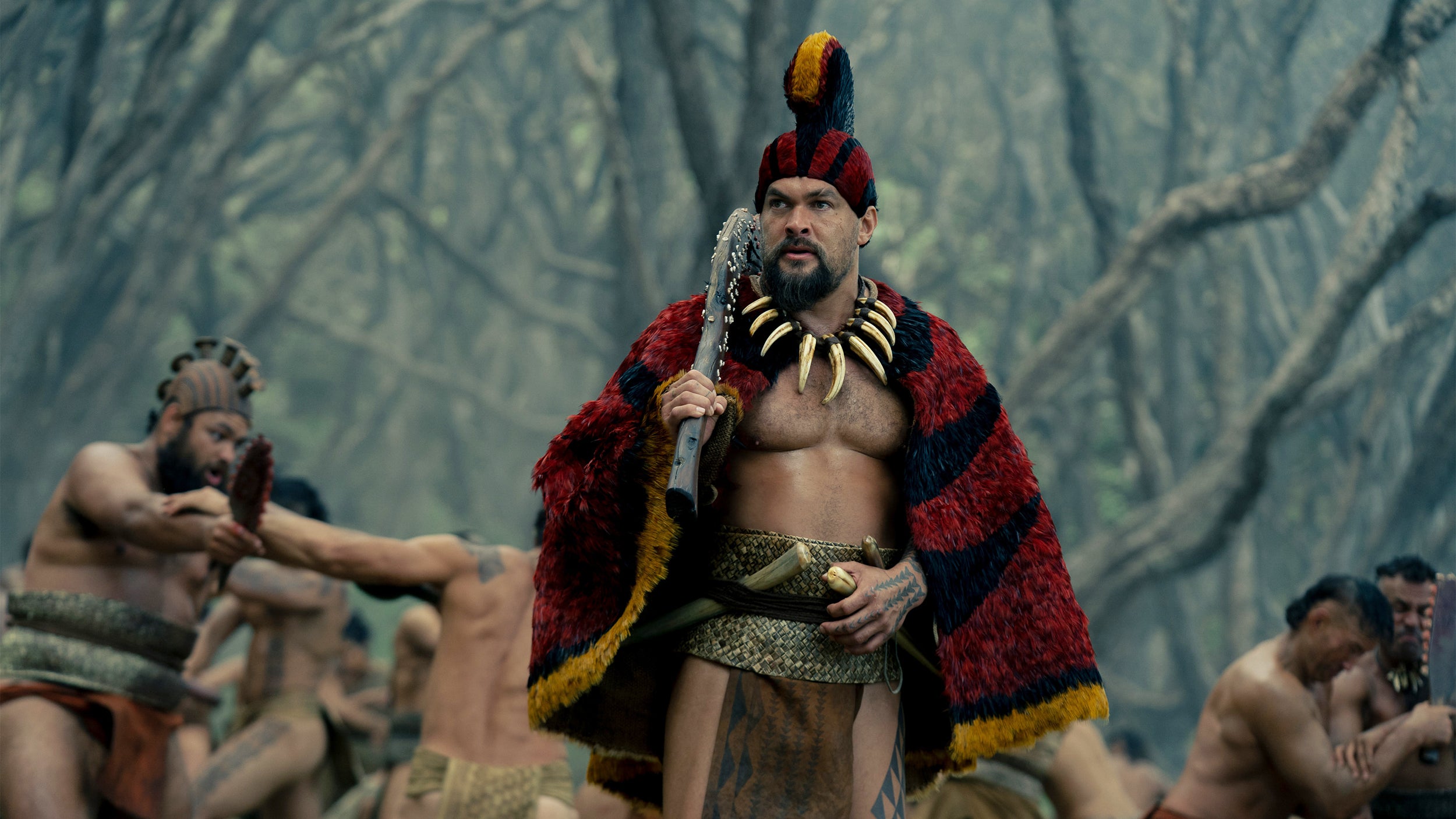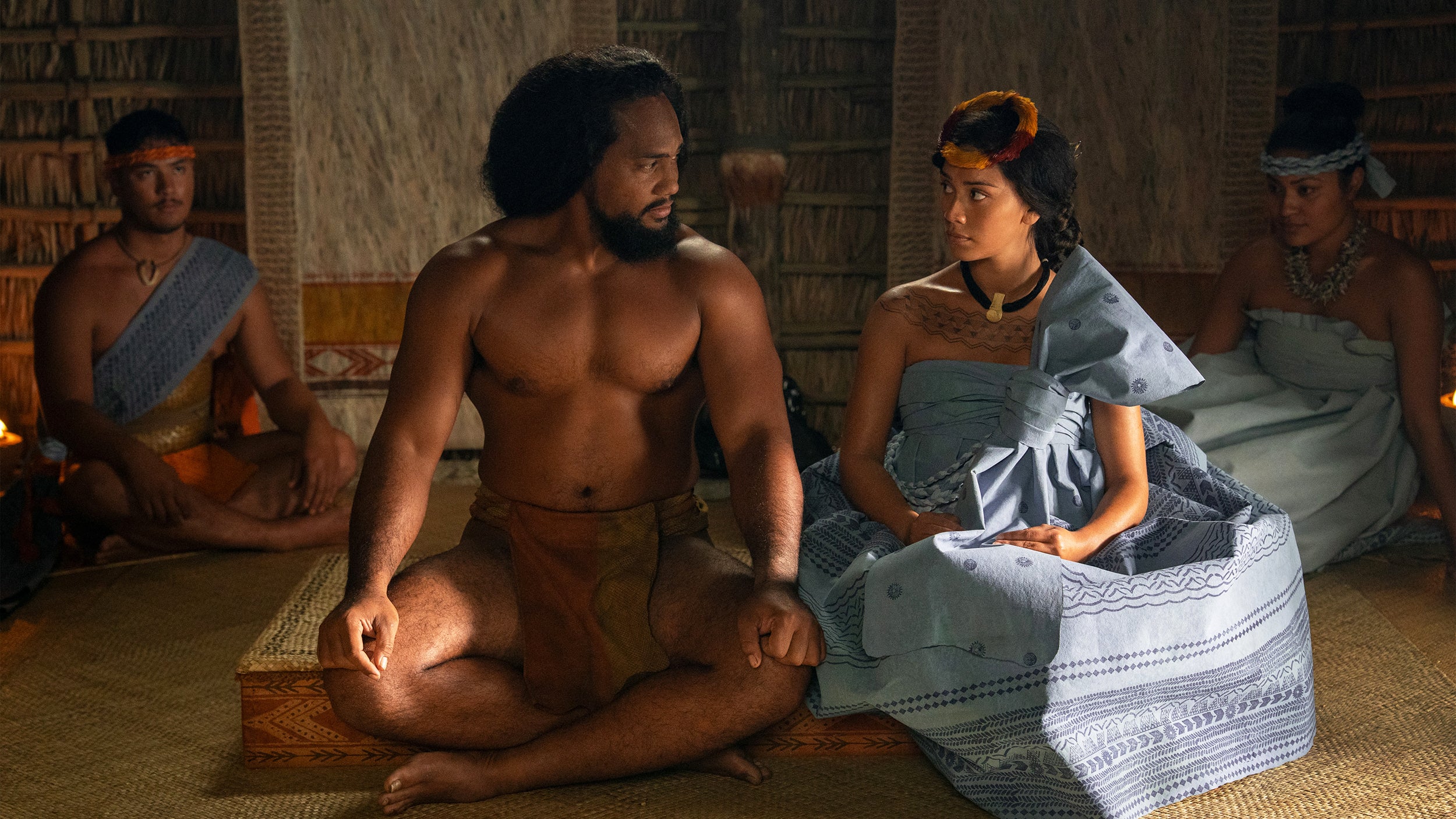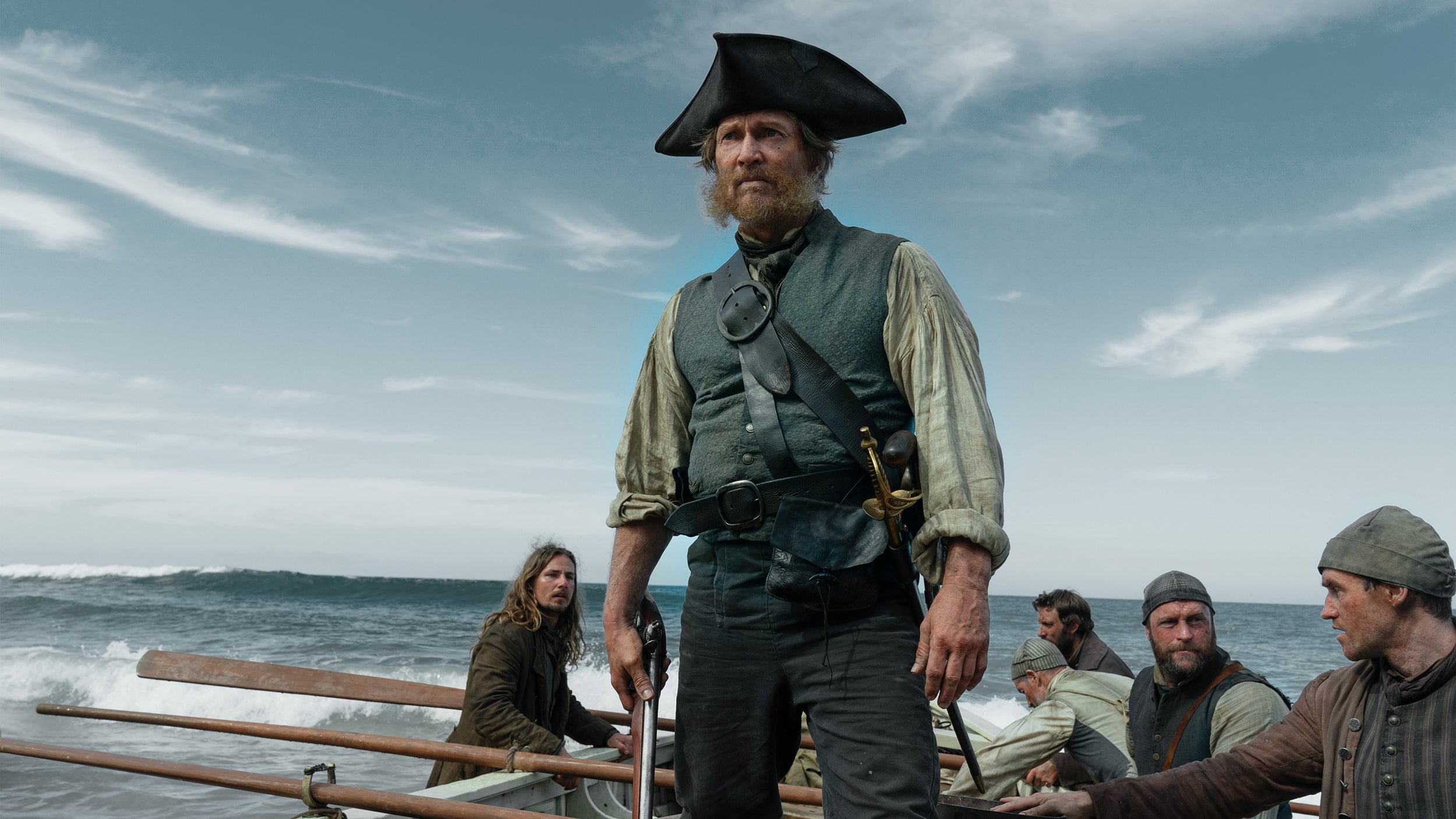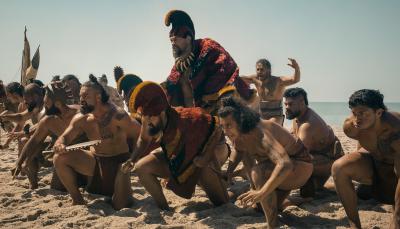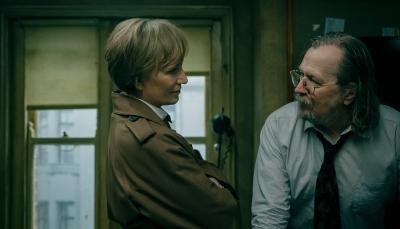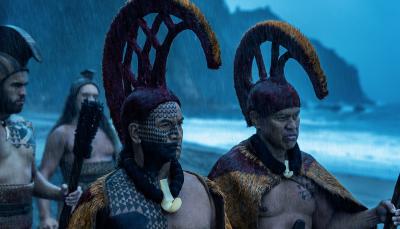Apple TV+'s 'Chief of War' Explores Colonialism From the Other Side
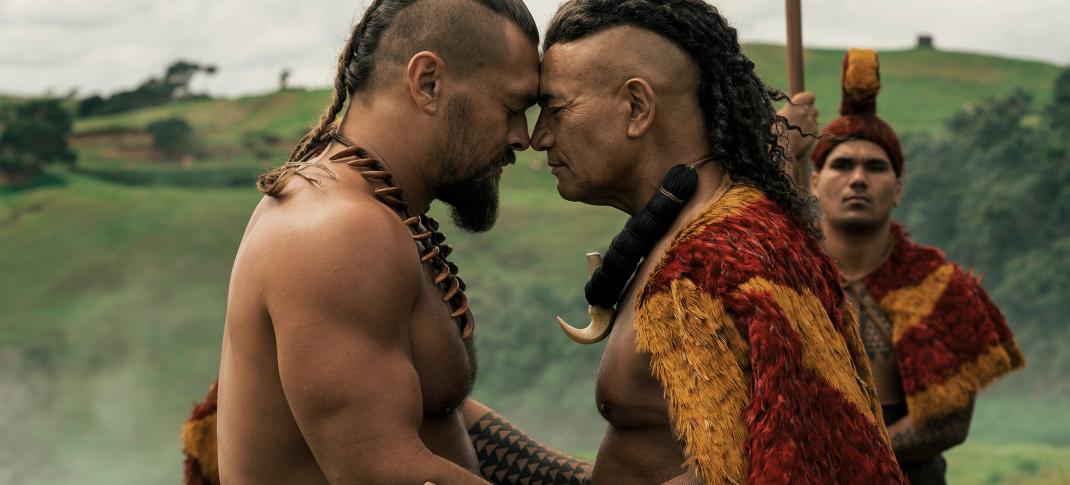
Jason Momoa and Temuera Morrison in 'Chief of War'
Apple TV+
The indigenous language of the Hawaiian islands is Ōlelo Hawaiʻi, and it’s critically endangered. When sovereign nations are subject to colonialism, native languages are often suppressed, and government-run schools run by American missionaries and eventual “English only” policies in schools and government ensured that generations of Hawaiians were cut off from their native tongue – a deliberate strategy to ensure assimilation with and dependence on colonial hierarchy.
Chief of War, a new historical drama from Apple TV+, tells the story of the conflict that led to Hawaiian unification, primarily using the indigenous Hawaiian language. The significance of a major series using a critically endangered language so extensively throughout its nine episodes should not be overlooked. As Jason Momoa told The Globe & Mail about the use of indigenous dialogue, “Brother, that was the deal-breaker for us. We wouldn’t have been able to go home if we did this in English.”
Momoa and his creative partner and co-writer Thomas Pa'a Sibbett may have considered it a no-brainer to make Chief of War a Hawaiian-language series (the creators credit Awaiaulu, a company that specialises in Hawaiian translation, education, and publishing with the indigenous dialogue and language coaching), but very few studios or networks have been convinced to do so up until now.
A caveat to Chief of War’s faithfulness to recreating Hawaiian history and uplifting its people is that the series was shot mostly in New Zealand, where film production infrastructure is far more robust. Some major scenes were shot in Hawaii before the production moved to New Zealand, where Chief of War still emphasized their connections to the history of Polynesian tribal land – Maori actor Cliff Curtis has said he interacted with some 25 different tribes in Aotearoa during production.
Maori actor Temuera Morrison (The Book of Boba Fett) defended the show’s non-Hawaiian cast and production from any anticipated criticism by pointing to the interconnectivity of Polynesian cultures and nations. “We descend from Kahiki. One went to the north, some of us, we headed south. Some, the Rapanui, went east. In the beginning, eh, we’re the same people.”
However, the characters in Chief of War have a different perspective on division and unity among their various Hawaiian kingdoms. (By this point in history, the four kingdoms were O’ahu, Maui, Kaua’i, and Hawai’i, and their ultimate future was not yet set in stone.) It’s the 1780s, after British Navy explorer James Cook made the first documented contact between Hawaiians and European explorers. Cook died in a skirmish with Hawaiians on Kealakekua Bay in 1799, and no other “paleskins” have returned to the kingdoms’ shores when the drama begins.
Warrior Kaʻiana (Momoa) is living a relatively quiet life (aside from the odd wrestle with a shark) with his family when King Kahekili of Maui (Morrison) summons him to rejoin his army to take the vulnerable kingdom of O’ahu. Ka’iana is a hesitant lead in the Chief of War ensemble: he pauses in joining Kahekili’s crusade, doubts that the king’s mandate holds water, and relies on counsel from loved ones and spirits before he joins Kahekili’s invasion – where his stomach turns at the campaign’s ruthlessness.
Only the first two episodes of Chief of War are available to watch right now (the series releases weekly through September 19), but Momoa, Sibbett, and their co-writer Doug Jung make it clear from the beginning that Ka’iana is a seriously conflicted figure; the real Ka’iana is known best for betraying his king Kamehameha (Kaina Makua, beginning the series as an uncertain heir) in the final stages of the inter-kingdom conflict.
But Ka’iana is a useful historical focal point for the story, as he was one of the only Hawaiian nobles to explore the colonial world outside of Hawaii. Travelling on Navy ships to port towns and witnessing the sophistication of Western artillery and colonial capitalism is a truly radicalising moment for Ka’iana, spurring him to return home with a new purpose – and weapons.
The plan is that only a united Hawaii will be able to stand up to European settlers. Chief of War turns history in its narrative, Ka’iana escapes Hawaii at the exact same moment that English explorer John Young (Benjamin Hoetjes) is stranded on Hawaiian shores and taken to safe shores by Ka'ahumanu (Luciane Buchanan), the future wife of King Kamehameha. As time passes, English becomes more common among Hawaiians. However, the danger of even genial outsiders like Young lingers in the air – it’s hard to entirely dismiss the fear that a white European will be able to wield influence on Hawaii.
For marketing purposes, Chief of War has been speculatively compared to Game of Thrones. It’s not a bad strategy to attract attention for an epic, violent historical drama, and the Jason Momoa connection certainly helps. But in terms of adapting real, thorny moments in history, the best point of comparison might be Shogun, which also charts a story of sovereignty and nationalism through bloody feuds and court drama as the existential threat of Western influence draws near. Both shows also embraced subtitles in their commitment to authenticity, but Chief of War's commitment to immersing us in the Hawaiian language is a far more novel and exciting step forward for the genre.
Chief of War debuts on Apple TV+ with two episodes on Friday, August 1, 2025, followed by new installments every Friday through mid-September.

